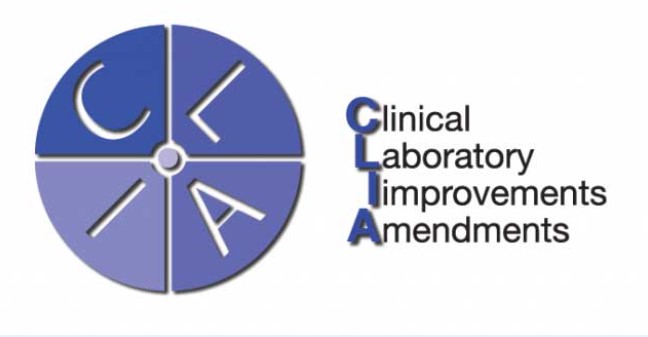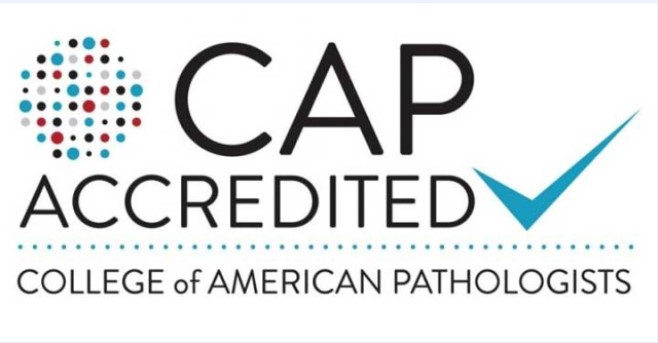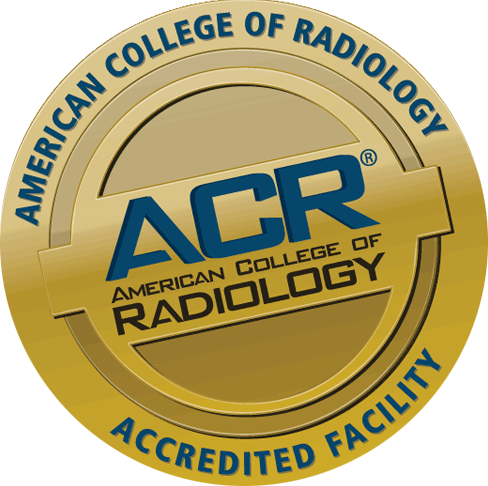Nearly 25 percent of all testicular pain has no known cause. This pain is deemed chronic when it is present for at least three months or longer. Many men suffer from this pain, which can drastically reduce quality of life.
Causes
In some cases, the root cause may be coming from the epididymis, which surround the testicles. Other causes can result from trauma, orchitis, which is infection of the testicles or surrounding epididymis, post-surgical pain, testicular torsion, varicoceles, kidney stones, hernia, spermatoceles, blockages, hydroceles, benign cysts, and in severe cases, tumors.
Symptoms
The common symptom of this condition is recurrent pain in the scrotum and testicles. This pain can be sudden at its onset, or it may slowly happen. The pain may also come and go from time to time. The pain may become worse during intercourse, or other physically active events. Other related symptoms are fever, nausea or vomiting, swelling or redness of the scrotum and testicles, pain when ejaculating, burning or pain during urination or with discharge, and blood in the urine and/or semen.
Diagnosis
Physical examination of the testicles, scrotum, abdominal region, and rectum by your doctor could point to the root cause of the pain. Blood tests, urinalysis, and ultrasound examination may also point out some root causes of testicular pain.
Treatment
Different pain relievers and anti-inflammatory medications can help to resolve testicular pain, however sometimes surgery may be needed. Past surgeries include excision, or removal, or the epididymis surrounding the testicles. A newer, more effective surgery has been developed which uses micro surgery of the spermatic cord to resolve pain. This procedure is termed microsurgical denervation.









